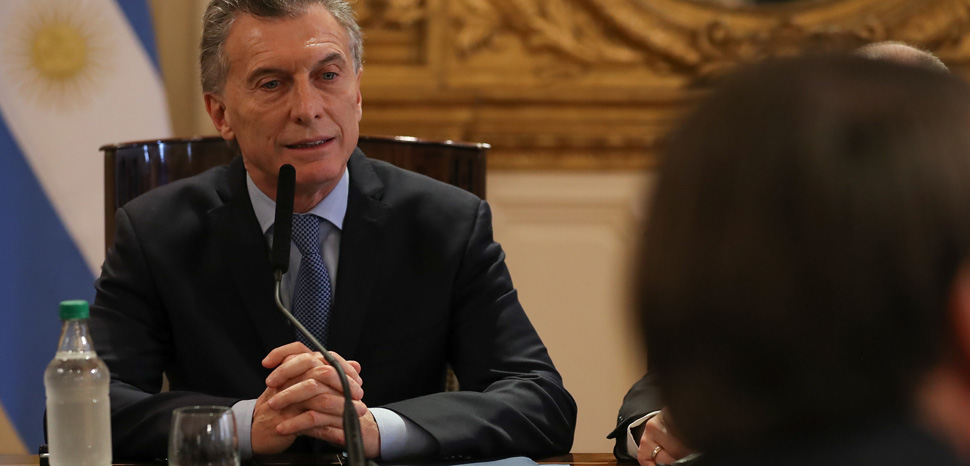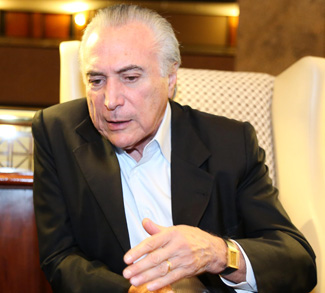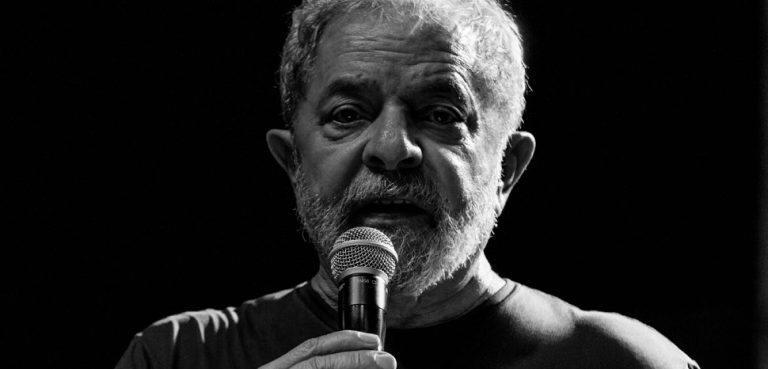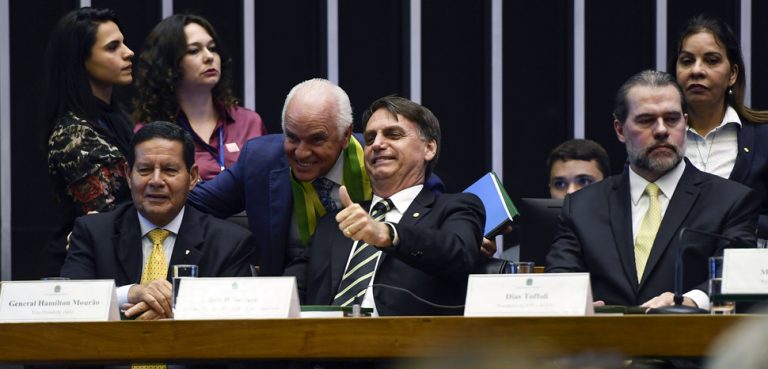Summary
Argentinian President Mauricio Macri’s government faces a backlash over pension reforms and the indictment of former President Cristina Fernandez de Kirchner for treason.
Macri’s pension reforms are part of his plan to lower Argentina’s deficit and ultimately revitalize its economy. However, the reforms have been met with violent protests on the streets of several major cities.
Kirchner was accused of treason for covering up Iranian government involvement in the 1994 bombing of the AMIA Jewish community center – an attack that killed 85 people. Kirchner and her supporters claim that the charges are false and constitute political persecution from the Macri government.
Background
The victory of Macri’s center-right Cambiemos (Spanish for “Let’s Change”) coalition in the 2017 mid-term elections marks a significant shift from the previous left-leaning Peronist governments under Kirchner and her husband, Nestor Kirchner. Macri seeks to implement pro-market reforms that would encourage economic growth, mitigate inflation, and cut Argentina’s $30 billion deficit. While Macri’s presidential term initially saw poor economic performance with increased inflation and unemployment, and lower growth, recent signs of economic recovery are helping to bolster popular support for his party. Yet throughout, Macri has faced staunch opposition from left-wing activists and labor unions that would lose benefits and legal protections as a result of his reforms.




